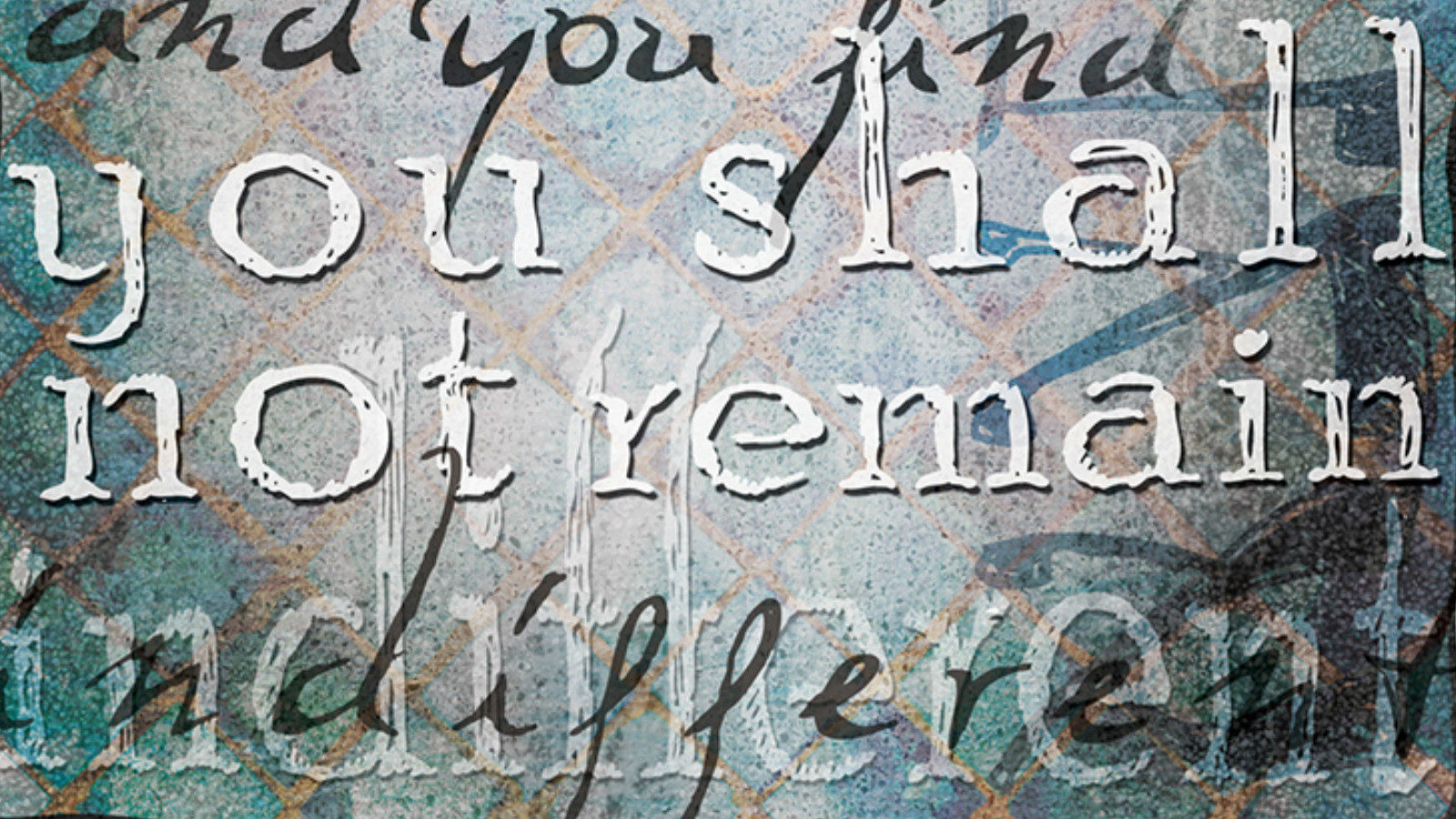Commentary on Parashat Ki Teitzei, Deuteronomy 21:10-25:19
Parashat Ki Teitzei is filled with rules. Rules about who we are and who we should be. Rules about how to build a just society. Rules about how to punish people who transgress the bounds of that society. Rules upon rules upon rules. In fact, there are over 70 mitzvot in this Torah portion.
In the midst of all of these laws about paying laborers and how to plow your field, comes this gem of a rule about parenting:
Parents shall not be put to death for children, nor children be put to death for parents: a person shall be put to death only for his own crime. (Deuteronomy 24:16).
This might not look like a parenting mantra at first glance, but it’s actually some incredibly deep and profound advice.
There is so much pressure on parents these days to raise their children the “right” way. In our modern global society, where information travels instantaneously across the world, the options feel infinite. And the arguments for each option are even stronger. Breastfeeding or bottle-feeding. Cry-it-out or co-sleep. These debates have torn the internet apart and caused parents themselves to come apart at the seams. As if the fourth trimester weren’t hard enough already.

Help us keep Jewish knowledge accessible to millions of people around the world.
Your donation to My Jewish Learning fuels endless journeys of Jewish discovery. With your help, My Jewish Learning can continue to provide nonstop opportunities for learning, connection and growth.
But these overwhelming options are all outgrowths of the modern era. Back in the time of the Torah, there wasn’t a parenting guidebook. Learning how to be a parent was something that happened over time. Families lived in larger clans, and there was always a baby or small child who needed to be cared for, often by their older siblings. There was no guidebook, and no need for one.
These days, as families live further apart from each other, there isn’t as much hands-on learning about how to raise children. It wasn’t even recently that the word “parenting” even entered the wider culture, though the Merriam-Webster Dictionary cites its first use in 1918. So parents have to figure much of it out on their own, and the pressure is enormous. They are responsible not only for ensuring their children live to adulthood, but also for making them into good people. It’s like turning carbon into a diamond.
With this level of pressure, it’s a breath of fresh air to learn that parents are not responsible for their childrens’ sins. The pressure is off. Of course, parents can and should work hard to raise their children to be good people. But ultimately, the responsibility to be a good person belongs to the child.
Later in the Bible, in the book of Proverbs, this is stated even more clearly: “Raise up a child in the way he ought to go; he will not swerve from it even in old age.” (22:6) In other words, the work of child-rearing isn’t about raising the best child ever, but about raising a child in the way they ought to go, to be their own best self.
There’s a well-known Hasidic story in which Rabbi Zusya has died and appears at the gates of heaven, worried about what God will say to him. Will God berate Rabbi Zusya for not being more like Moses, or Solomon, or David? Instead, when God appears, God asks: Why weren’t you Zusya?
It is a parent’s most important job to help their children be themselves. Jewish tradition, in its infinite wisdom, allows this for all of us, even as it also allows for mistakes and learning and growth.
The pressure of modern parenting doesn’t leave a lot of room for error. But the Torah gives parents that space. The Torah understands that parents may fail. They may not be perfect. Their children may not be perfect. It grants space for honesty, communication, love, and trying again, even when we fail. And after we’ve tried and tried again, we are only accountable for ourselves.
Ki Teitzei gives us some profound modern parenting advice: the space to make mistakes. What an incredible relief.



